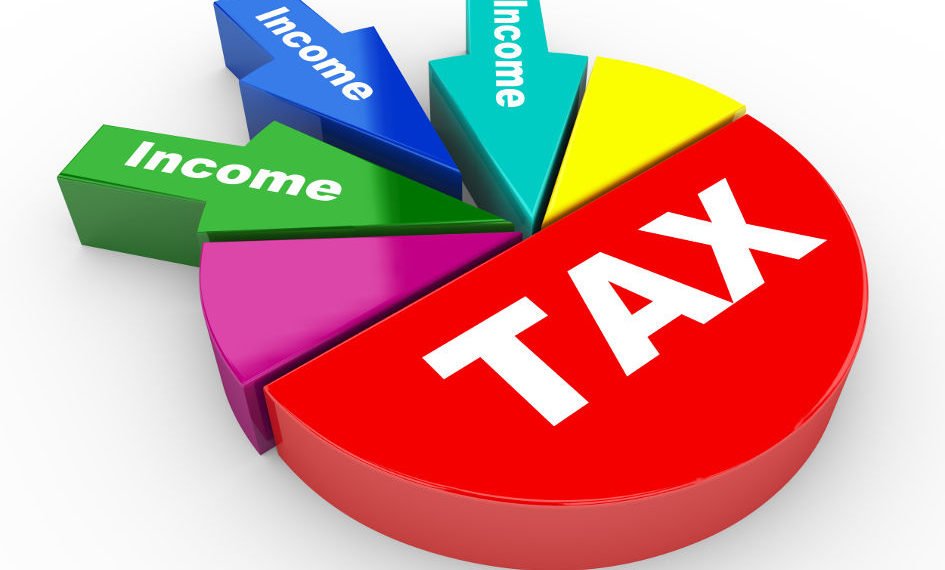The exemption of pharmaceutical products from VAT and other taxes will encourage investment in Ghana’s pharmaceutical market, according to Fitch Solutions.
As part of promoting local manufacturing of medicines in the country, the government has offered tax incentives to pharmaceutical companies with a manufacturing presence.
This phenomenon is not peculiar to Ghana, but also seen in other regional markets such as South Africa, Cote d’Ivoire, Nigeria, Kenya and Ethiopia, which are classified as the region’s major pharmaceutical markets.
“Tax incentives available for local pharmaceutical companies in SSA will continue to encourage investment.
“Exemptions on tax alleviate financial pressures for companies, while zero VAT reduces price of medicines and make local products more competitive.”
Fitch Solutions
For instance, Ghana’s tax exemption covers the non-payment of customs duty on all raw materials. It also covers packaging materials for the local production of pharmaceuticals. Similarly, locally produced pharmaceuticals are zero rated under the Value Added Tax (VAT) law.
Further, Ghana offers an exemption of 20% environmental tax on plastic packaging materials used for the packaging of pharmaceuticals products.
Moreover, Kenyan pharmaceutical companies enjoy no import duty or VAT on imported medicines and raw materials. However, a 16% VAT is charged on packaging materials imported by industry suppliers. Similar considerations in tax incentives are also seen for the remaining countries highlighted above.
Benefits of the tax incentives
According to Fitch Solutions, these tax exemptions reduce fiscal burden for companies. Although a recent practice, its sustenance will continue to benefit local drug makers by reducing their fiscal burden.
Meanwhile, Ethiopia for instance, is likely to have the most attractive tax incentives with enterprises engaged in production of final drugs. Besides, it is the only market that gives such companies an exemption from corporate income tax of 8 to 10 years, Fitch Solutions asserts.
The economic effect of such a policy stance will make local pharmaceutical products competitive, the research firm further highlights. One of the biggest challenges that drug makers face in the country and the region at large is the rising competition of cheap generic drugs from India and China.
“We believe that VAT and other tax exemptions have the potential to reduce the price of medicines and make local drugs more competitive as VAT is an additional charge to sales tax and therefore a form of consumption tax.”
Fitch Solutions
Administrative inefficiencies major hurdle in tax payment
Despite these tax incentives, significant administrative inefficiencies still makes the country and broadly SSA a less attractive region.
According to Fitch Solutions, the time taken to pay taxes by businesses remains high. Thus, this shows high delays and costs as well as productivity losses.
According to World Bank data cited by Fitch Solutions, Ghana ranks fifth among eleven SSA countries shown to have the highest time taken to pay taxes by businesses. Cameroon, Senegal, Nigeria and Ethiopia come first.
Cameroon has the highest number of hours spent to pay taxes. This time spent ranges from 600 to 800 hours while Ghana’s ranges from 150 to 350 hours.
On a regional basis, the average number of hours taken to pay taxes in SSA stands at 280 hours. Meanwhile, this compares with 134 hours in developed economies. Also, the average number of annual tax payments in SSA is 37 and only 11 in developed countries.
READ ALSO: Petroleum hub: Involve experts with state-of-the-art knowledge in management team- Dr Sulemana





















